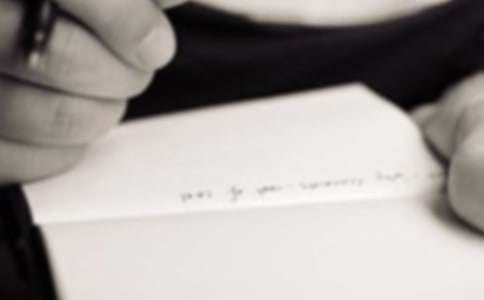- 相關(guān)推薦
書蟲 猴爪 讀后感
書蟲 猴爪 讀后感About Jane Eyre

Love versus Autonomy
Jane Eyre is very much the story of a quest to be loved. Jane searches, not just for romantic love, but also for a sense of being valued, of belonging. Thus Jane says to Helen Burns: “to gain some real affection from you, or MiTemple, or any other whom I truly love, I would willingly submit to have the bone of my arm broken, or to let a bull tome, or to stand behind a kicking horse, and let it dash its hoof at my chest” (Chapter 8). Yet, over the course of the book, Jane must learn how to gain love without sacrificing and harming herself in the process.
Her fear of losing her autonomy motivates her refusal of Rochester’s marriage proposal. Jane believes that “marrying” Rochester while he remains legally tied to Bertha would mean rendering herself a mistreand sacrificing her own integrity for the sake of emotional gratification. On the other hand, her life at Moor House tests her in the opposite manner. There, she enjoys economic independence and engages in worthwhile and useful work, teaching the poor; yet she lacks emotional sustenance. Although St. John proposes marriage, offering her a partnership built around a common purpose, Jane knows their marriage would remain loveless.
Nonetheless, the events of Jane’s stay at Moor House are necessary tests of Jane’s autonomy. Only after proving her self-sufficiency to herself can she marry Rochester and not be asymmetrically dependent upon him as her “master.” The marriage can be one between equals. As Jane says: “I am my husband’s life as fully as he is mine. . . . To be together is for us to be at once as free as in solitude, as gay as in company. . . . We are precisely suited in character—perfect concord is the result” (Chapter 38).
【書蟲 猴爪 讀后感】相關(guān)文章:
鷹爪(鷹爪)04-29
五爪金龍04-29
龍爪松04-29
黃爪隼04-29
書蟲的作文12-04
關(guān)于書蟲的02-28
小書蟲08-29
"書蟲班長"04-28
小書蟲04-28
我是書蟲05-01